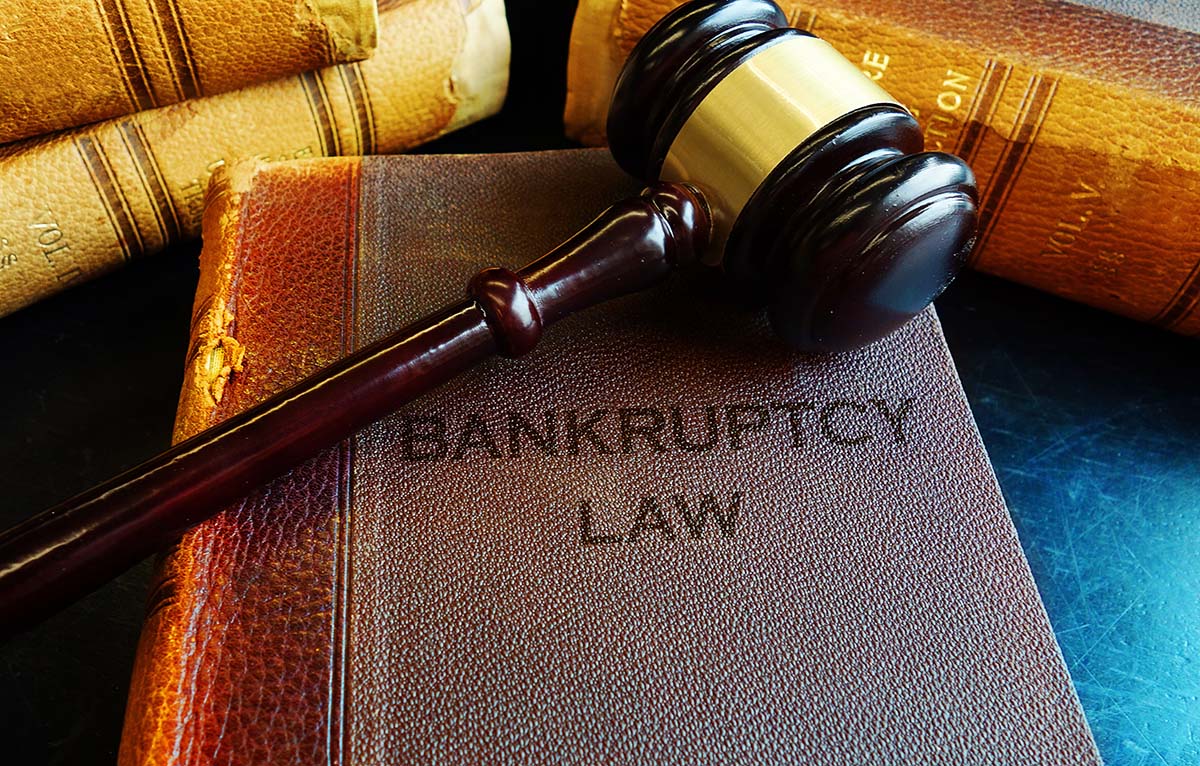Shared Real Property in Bankruptcy: What Happens?
 Jointly-owned property and individual bankruptcies raise some questions. What would happen to the property? How will the other owner be affected in that situation?
Jointly-owned property and individual bankruptcies raise some questions. What would happen to the property? How will the other owner be affected in that situation?
The most common case of shared property ownership in Arizona involves husbands and wives. If one of the spouses does a bankruptcy filing, will the family home owned by both be taken away?
Shared Ownership and the Bankruptcy Procedure
The question about shared property ownership concerns mostly people who are doing a Chapter 7 liquidation bankruptcy.
In that case, a bankruptcy trustee will be appointed to manage the property of the debtor that doesn’t fall under an Arizona bankruptcy exemption. That property and all non-exempt assets will be liquidated to pay off creditors and produce a bankruptcy discharge.
A house that’s owned solely by the debtor and that doesn’t fall under a bankruptcy exemption will probably be liquidated.
Whenever a property falls under joint ownership, the situation is going to be different.
In such instances, the trustee will have the right to sell only the share of the debtor. The other property owner will be provided with an opportunity to buy that share. If this isn’t possible, the entire property will be sold. The money generated through the sale will be divided between the two owners.
Protecting Your Property
The homestead exemption is very important in such situations.
In Arizona, debtors can protect up to 150,000 dollars of home equity through the bankruptcy process. This means that often debtors will get to keep their share in the house while doing a Chapter 7 bankruptcy filing.
In some states, the homestead exemption is doubled for married couples that decide to do a joint bankruptcy filing. Thus, if you and your spouse own a house and both of you do a filing, the amount of the homestead exemption will be doubled.
Unfortunately, Arizona isn’t one of these states.
Married couples that are filing jointly cannot double the homestead exemption. It’s also very important to understand that the exemption applies to a person’s primary residence. If you own investment or rental property, chances are that it will be included in the bankruptcy estate.
Click here for more information on what happens to your property in bankruptcy.
Arizona Is a Community Property State!
Here’s one additional rule that’s very important for married individuals who have acquired real estate over the course of their marriage.
Arizona is a community property state. This means that assets, including real estate, acquired during the course of the marriage belong in their entirety to both spouses. Thus, even if your spouse’s name isn’t on the title of the property, the rule remains valid.
This rule plays an important role during divorce but it could also affect bankruptcy filings.
Even if you are filing an individual bankruptcy, all of the community property will be included in the bankruptcy estate. The reason for this mechanism is simple – each spouse is considered to own the property in its entirety. The homestead exemption is the only one that can be used to protect residential real estate in such instances.
As you can see, various factors can complicate the situation.
It doesn’t really matter if you own property jointly with a spouse, a family member or a friend. Your bankruptcy will inevitably have an impact on all of the owners, especially if the real estate isn’t protected by the homestead exemption.
Talk to an experienced Arizona bankruptcy attorney if you intend to do a bankruptcy filing and you own property jointly. Chances are that you don’t understand the full scope of consequences for the other people that are property owners. in Arizona, joint filings with a spouse don’t really make a lot of sense in such instances and a lawyer could help you come up with a better solution.
Click here for information on payday loan debt relief.





